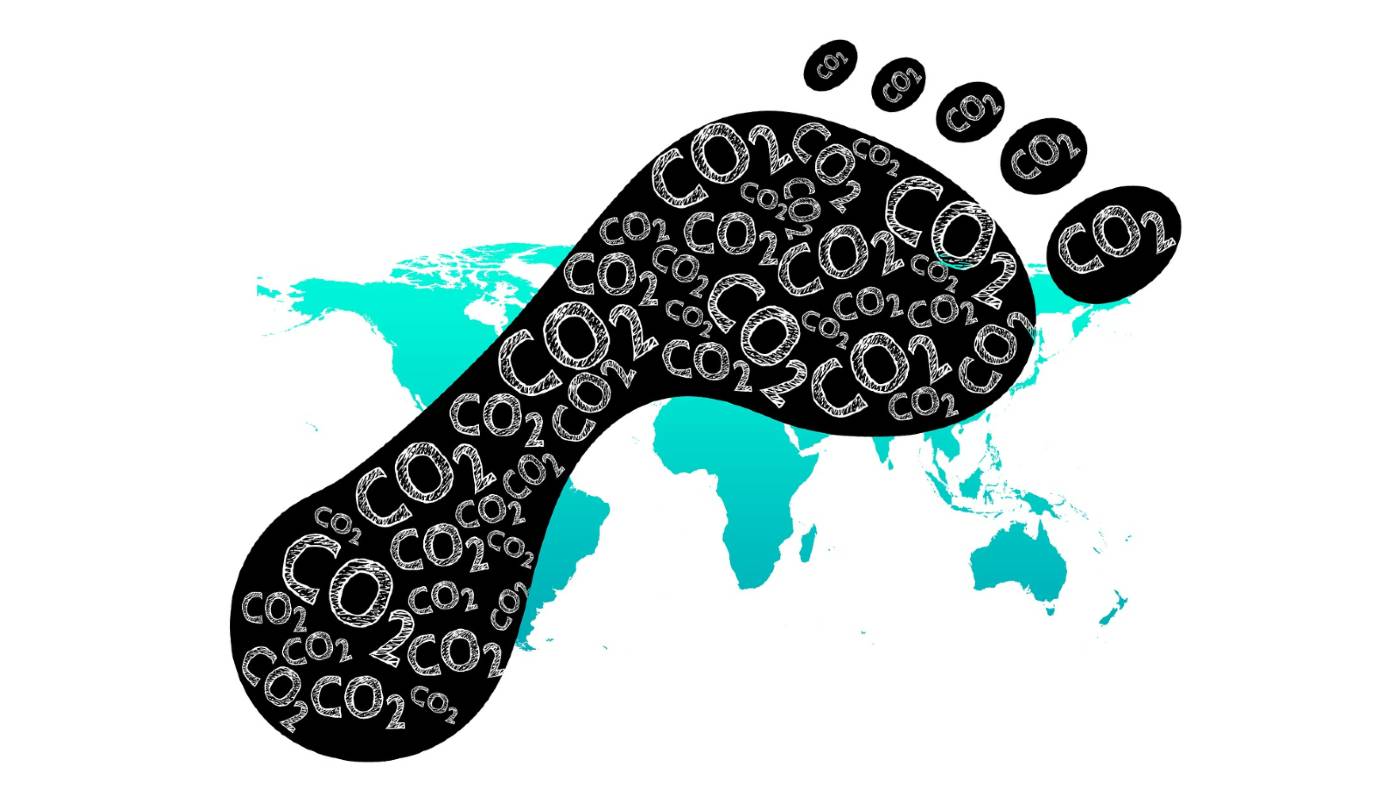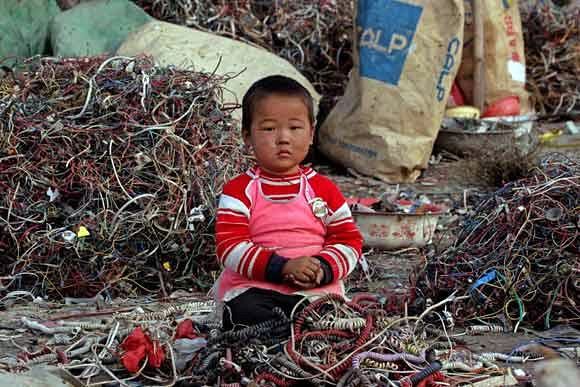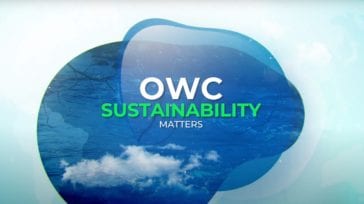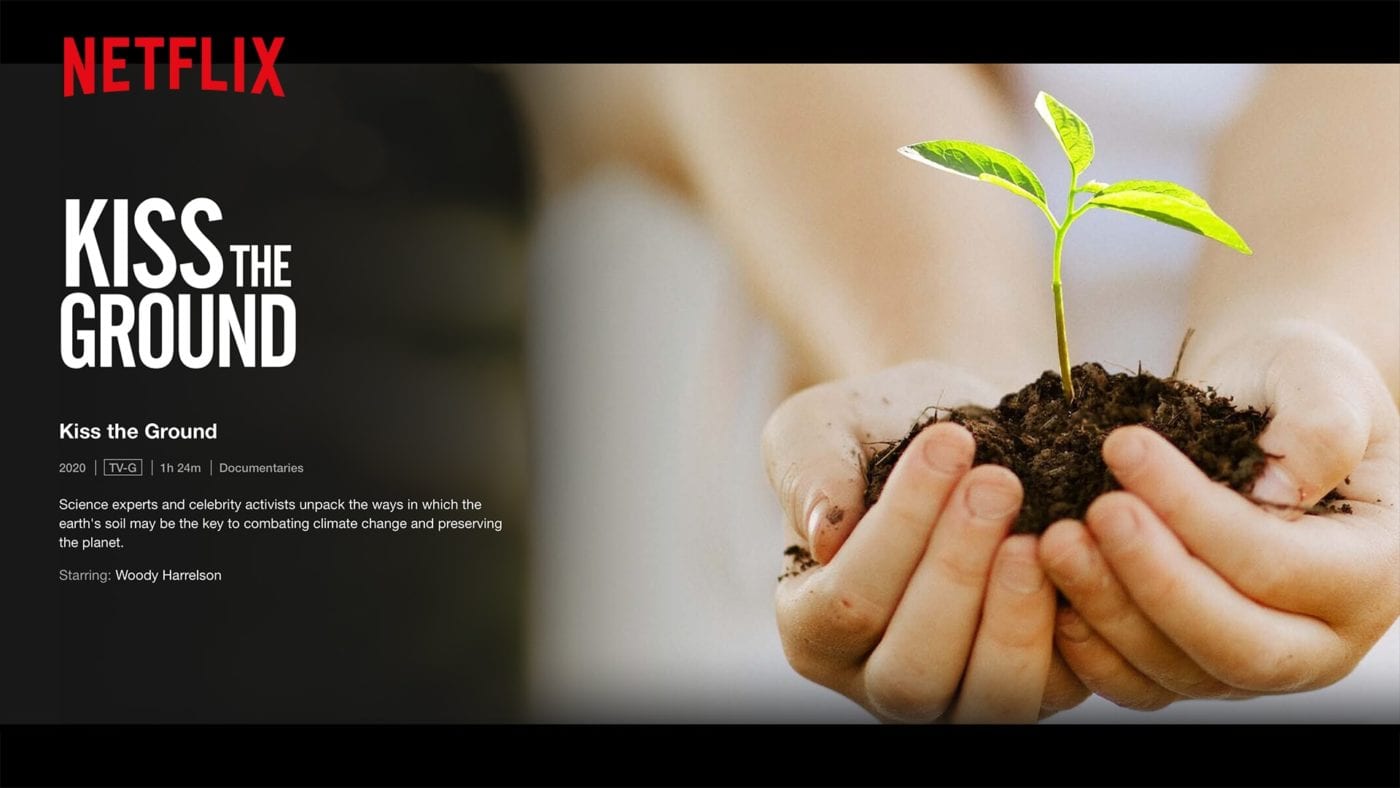Welcome to the start of “Earth Week” 2022!
This week we’ll be featuring several articles leading up to Earth Day on Friday, April 22—highlighting the importance that sustainability plays in OWC’s business operations.
Climate change is no longer an accessory issue or pet cause. It is at the forefront of humanity’s collective mind—fast becoming an integral part of the agenda for most governments, businesses, and individuals.
Without addressing climate change, we may end up in a situation beyond repair. The number one way to stop, and hopefully reverse, climate change is by reducing the carbon footprint of our society.
What is a carbon footprint?
Think of a carbon footprint as a byproduct of human activity. I have a carbon footprint. You have a carbon footprint. Every business you interact with has one, too. And it’s all interconnected.
A footprint is defined as the total amount of greenhouse gas emissions (a measure of carbon dioxide and methane) attributed to any entity—a person, nation, system, business, service, or product. Greenhouse gases are the direct cause of global warming, and subsequently climate change.
Although impossible to calculate exactly, the Nature Conservancy estimates the carbon footprint of each American is sixteen tons—one of the highest rates in the world—while the average human footprint globally is 4 tons. But this burden does not fall on the individual. Big business and industry are responsible for the majority of greenhouse gas emissions.
OWC is on a mission
In 2022, corporations understand that they have a responsibility to the environment, and many are making efforts to reduce their carbon footprint. The consensus is that change needs to take place on all levels. When we operate as a community, we can get it done together.
Environmental stewardship is one of OWC’s core values, which is why CEO and founder, Larry O’Connor has been on a mission to go green. Since 2003, OWC has implemented sustainable business practices at every level of operation from building to shipping and continues to look for opportunities to practice impact reduction.
Dedicated efforts in green building, waste reduction, resource conservation, energy efficiency, energy generation, product trade-in reuse/recycling, and product life extension have the cumulative effect of reducing not only OWC’s carbon footprint but yours, too!
Solid waste recycling
Imagine your home waste-free. Seems nearly impossible, right? But this is exactly what OWC aims to do: reduce the amount of material entering the solid waste stream to zero. Landfills are the third-largest source of methane (CH4) emissions.
OWC has achieved an amazing 94% recycling rate through the following initiatives:
- Aggressive corrugated cardboard recycling program (expanded to aluminum and plastic)
- Employee waste recycling program
- On-site composting in the employee garden
- Exclusive use of recyclable aluminum and plastic containers in employee vending machines
- Donating printer toner cartridges to local schools and aluminum cans to animal shelters
Water efficiency and conservation
Greenhouse gases are also produced by wastewater treatment, which is why OWC has implemented advanced waterless and ultra-efficient fixtures in restrooms and throughout their buildings, and as a result, has conserved thousands of gallons of water.
Furthermore, OWC manages its impact on the biosphere by using a bio-aquifer storm system technology around their campus, which channels water into a bioswale to filter the water.
Green building construction and design
A nationally accepted benchmark for the design, construction, and operation of high-performance green buildings, LEED® Platinum Certification by the Green Building Certification Institute, was awarded to OWC for the OWC Headquarters in Woodstock, IL.

Efficient construction standards adhered to by OWC include:
- Energy-efficient use of a construction site
- Sourcing locally produced materials to avoid transportation emissions
- Using environmentally sustainable, low-volatile, organic compound–building materials
Innovative design features of the OWC headquarters contribute to the day-to-day impact reduction of OWC operations, indirectly reducing its carbon footprint:
- Flat roof design with a white thermoplastic coating to reduce cooling needs
- Daylight-harvesting system to reduce lighting energy usage
- Pyrolytic glass windows to filter UV light and heat
- Sunshade windows to reduce summer heat gain
Geothermal heating and cooling
OWC headquarters in Woodstock utilizes a geothermal heating and cooling system—an environmentally safe, biodegradable liquid is pumped through deep geo-wells year-round for efficient heating and cooling. Yet another way OWC is reducing its greenhouse gas emissions.
Renewable on-site energy sources
OWC’s day-to-day operation is powered by sustainable, renewable sources of energy, all of which are generated on-site through solar panels and wind turbines.
- OWC made history by becoming the first manufacturer/distributor in the U.S. to become 100% on-site wind-powered.
- OWC generates more power than it consumes, an impressive goal they reached in 2015.
Together with OWC, you make a difference
In addition to all these efforts to lessen their impact on the Earth, OWC wants to help you reduce your carbon footprint, too.
Did you know that electronic waste is hazardous and toxic, and poses a risk to human health and the environment?
E-waste releases harmful chemicals that leach into the soil, water, and food supplies. And e-waste dumping exposes workers, some of which are children, to dangerous working conditions.
Needless to say, e-waste speeds climate change as more products must be manufactured, and the breakdown of used products increases greenhouse gas emissions.
According to the World Health Organization, humans must limit e-waste. Here’s where you get to participate…
Trade-ins and product life extension
OWC’s trade-in program ensures your old computer does not end up in a landfill. The product will be refurbished and find its new home. Any parts removed are cleaned and assessed for either reuse or recycling. In return, you receive a fair offer in the form of a credit toward a new product, or they’ll cut you a check. And before your hardware is kaput or outdated, you can extend the life of your computer with memory or storage upgrades—a service that OWC is reputed for.
Extending the life of your Apple computer saves you money and trading it in ensures its viable parts and materials are put to best use by being safely reused or recycled. Simply doing business with a sustainable company is an action on your part to make the world a better place.
Visit the Environmental Protection Agency, for more information about recycling your e-waste, such as tips on protecting your information and a directory of e-waste recycling events.
Header image: Creative Commons via Pixabay








Thank you for this very informative article. One of the things I learned is how interconnected we are. Another, all be it from the comments, is how much we as a people regret this highly politicized topic and it’s impact on our lifestyles. Still I do hope my grandkids will be able leave reasonably productive and healthy lives. Keep up the good work! Excellent execution is never waisted.
Thank you reading, Joe! I hope we can reverse the situation for the next generation.
If you want to decrease your “carbon” footprint then stop spending and start saving money. Every non-essential item purchased and every dollar borrowed to make those non-essential purchases actually adds to environmental waste. In fact, if you’re TRULY serious about reducing your carbon footprint, it would be a good idea to stop eating. That way, in a matter of a few days, you’ll completely eliminate one of those 16-ton offenders and you won’t have to feel guilty about anything. Best regards … and good-bye.
I’m doing my part too. I traded in my 13 mile per gallon Toyota Sequoia for a 14 mile per gallon Chevy Suburban. I further improved its fuel economy by disabling the engine start-stop technology and disconnected the Daytime Running Lights just like the police cars always do. It made me feel environmentally responsible when the wife and I drove about 20 miles to get a really good hotdog.
That’s awesome! Thanks for doing your part and letting us know how. We like to hear about little things that add up. Now where is this really good hot dog?